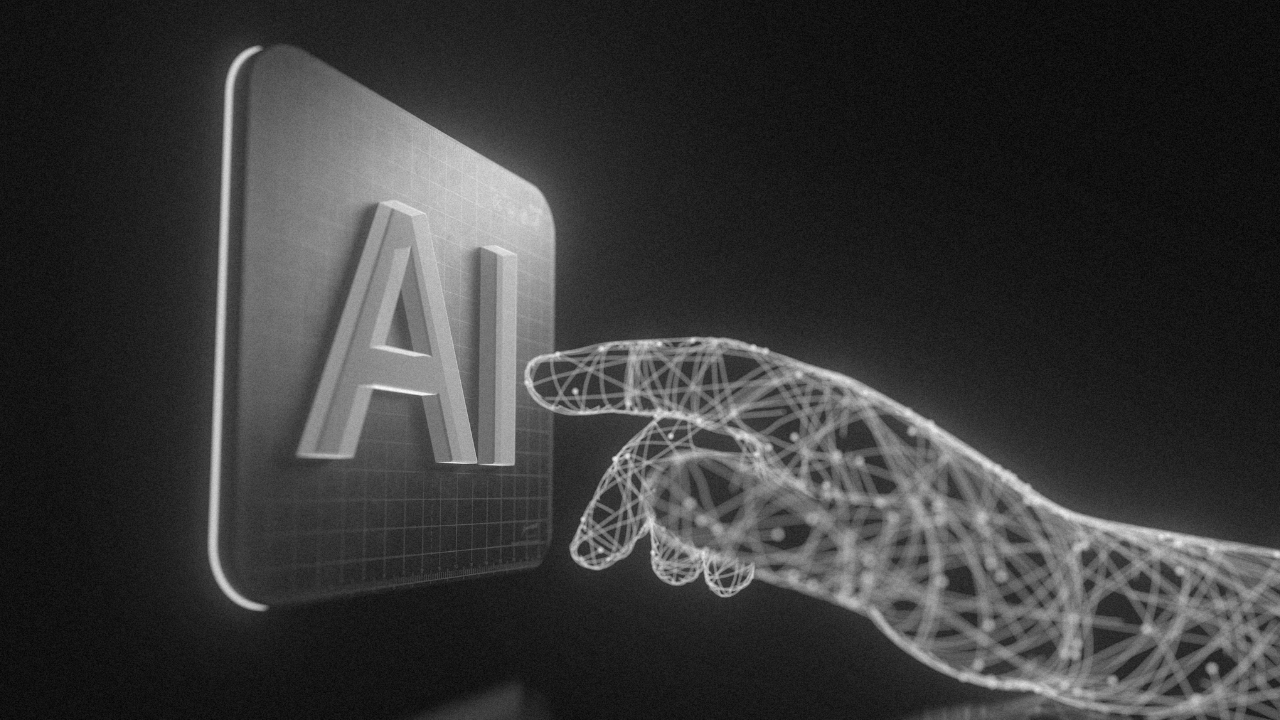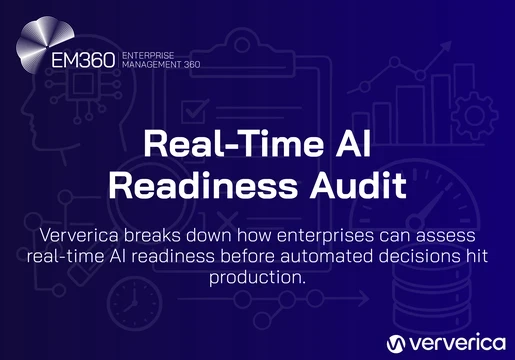‘AI-powered’. It’s an adjective that seems to have made its way into almost every business meeting, social media ad, and tech conference in the world – and for good reason.
Since the launch of OpenAI’s ChatGPT in November 2022, investors have been throwing billions at every new, AI-powered project in existence each of them desperate to grab a slice of the AI pie that continues to grip Silicon Valley tech behemoths.
This investment buzz shows no signs of slowing anytime soon either. The global AI market, valued at more than $136 billion, is predicted to grow more than 13-fold over the next seven years, expanding at a CAGR of 38.1% between 2022 to 2030.
But growing even faster than the investments into AI is the number of startups that appear to have positioned themselves as leaders in the technology.
OpenOcean, a UK and Finland-based investment fund for new tech firms, found that while only 10% of tech start-ups mentioned using AI in their pitches in 2022, this rose more than a quarter in 2023. And it expects that figure to be more than a third this year.
The problem is that most of these so-called “AI startups’ don’t actually use AI at all – or at least not as much as they’re claiming to get investors on-side.
"Some founders seem to believe that if they don’t mention AI in their pitch, this may put them at a disadvantage, regardless of the role it plays in their solution," OpenOcean’s Sri Ayangar told BBC News.
"And from our analysis, a significant disparity exists between companies claiming AI capabilities, and those demonstrating tangible AI-driven results."
This isn’t a new problem either. A 2019 study by MMC, a London-based venture capital firm, found that out of 2,830 startups in Europe that were classified as being AI companies, only 1,580 accurately fit that description.
We looked at every company, their materials, their product, the website and product documents,” David Kelnar, head of research for MMC told Forbes at the time.
“In 40% of cases, we could find no mention of evidence of AI.” In such cases, he added, “companies that people assume and think are AI companies are probably not.”
But this problem, which has become known as ‘AI washing’, has grown drastically since the 2019 MMC study. In 2024, it has expanded beyond the tech space to infiltrate businesses of all sizes and sectors around the world.
This article tells you everything you need to know about AI washing, including what it is, why it has become so common, and why it could become a serious problem.

What is AI Washing?
AI washing is a deceptive marketing practice where companies overinflate their use of AI to drive investments.
Companies claim their systems use sophisticated AI algorithms – such as deep learning or machine learning – when they actually rely on simpler rule-based automation or pre-programmed responses to function correctly.
One high-profile example of this is Amazon’s ‘Just Walk Out Tech,’ which was discontinued in April after it was uncovered that the so-called ‘AI-powered facial recognition software relied on over 1,000 workers in India to manually check almost three-quarters of the transactions.
Amazon was quick to claim that the reports were “erroneous” and that staff in India were not reviewing video footage from all the shops, but simply reviewing the system. Whatever the exact details of the Amazon case, the Just Walk Out Technology was removed from stores not long after the report broke.

AI washing capitalizes on the current fascination with AI to make products seem more cutting-edge or intelligent than they truly are. Companies use of technical-sounding jargon like "deep learning" or "neural networks" to create an impression of sophisticated AI integration in their systems, even if the underlying technology is far less complex.
This means that the actual mechanisms behind a product or service are obscured with AI terminology, making it difficult for consumers to understand how features truly work and downplaying the limitations of the technology.
Why has AI washing become so common?
AI is incredibly popular right now, and companies – especially startups – want to appear cutting-edge to attract investors and customers. Becoming a so-called ‘AI company’, as studies have proven, allows companies to cash in on the AI hype and drive funding to their business.
The reason this AI washing is possible is because there's no agreed-upon definition of AI and what it means to be an AI company. This ambiguity allows companies to play fast and loose with the term, using AI-related buzzwords to gain investments they don’t deserve.
Consumers can’t tell the difference either since most people don’t know how AI systems work. This means it can be hard to tell the difference between genuine AI and clever marketing.
Why is AI washing a problem?
AI washing creates a lose-lose situation. It hurts the reputation of AI, hinders genuine progress, and shortchanges consumers and businesses.
When companies overhype their AI capabilities and the reality falls short, it creates a sense of disappointment and scepticism towards the AI industry. This can have an oppositive effect on its initial objective, with experts warning it can slow the adoption and development of genuine AI advancements.

If the market is flooded with misleading claims, it becomes harder for investors to identify truly innovative and impactful AI solutions. This can slow down the progress of the field.
Beyond investments and industry progress, AI washing can exacerbate the ethical issues that come with the development of AI. If companies are portraying basic algorithms as advanced AI, it fuels anxieties about job displacement and fuels the lack of transparency in AI decision-making that has often been called out by experts.







Comments ( 0 )